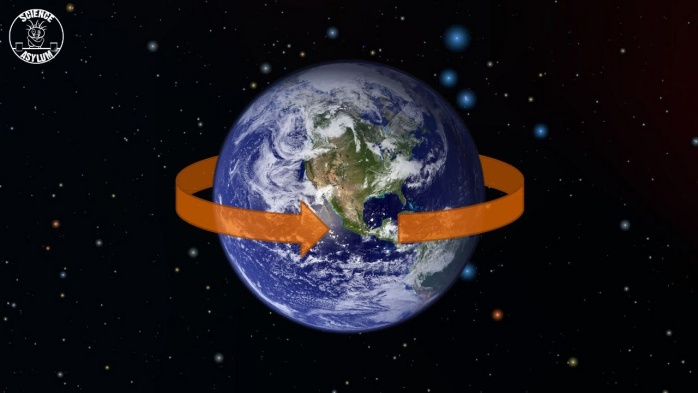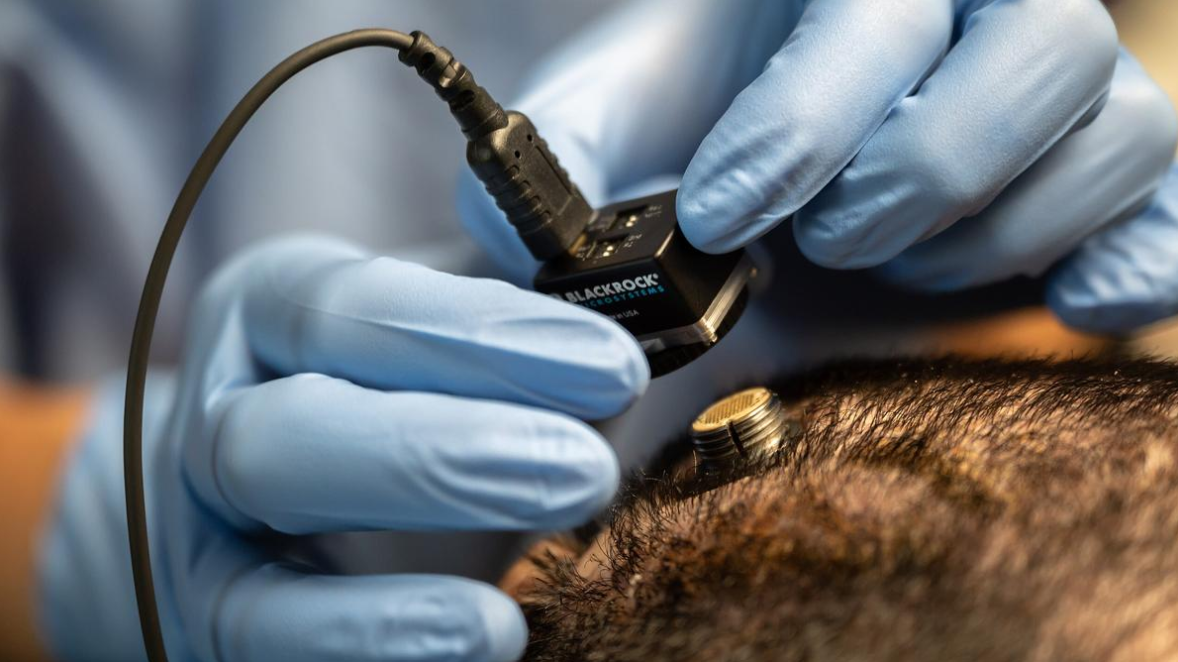





Disclaimer: Copyright infringement not intended.
Context
Background
Cause of increase in speed
Impact and solution
|
· Negative leap seconds, the opposite of regular leap seconds, involve subtracting time from the Earth's timekeeping system so that it aligns with astronomical time, or the time it actually takes the Earth to complete a rotation. Co-ordinated universal time, or UTC, is the time standard used to adjust clocks on Earth. |
https://www.ndtv.com/world-news/earth-completes-rotation-in-less-than-24-hours-smashes-record-again-for-shortest-day-3210536#pfrom=home-ndtv_topstories






© 2025 iasgyan. All right reserved